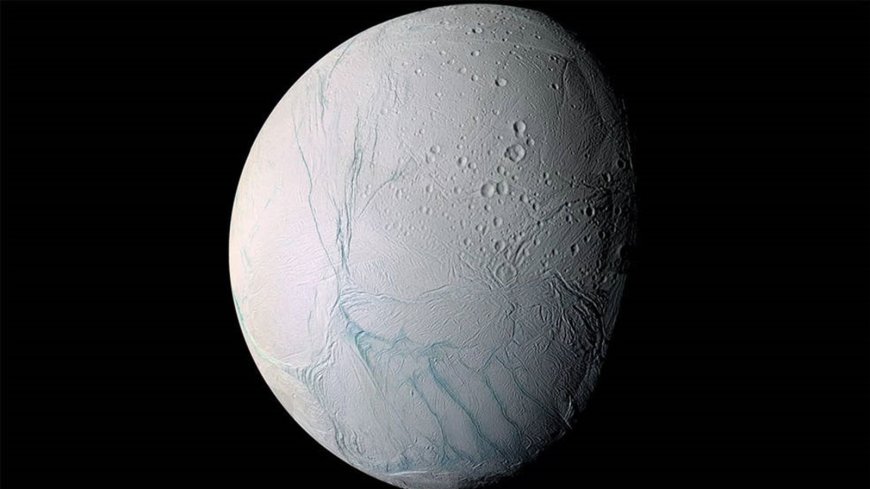Alien oceans in Solar System: They are good at hiding signs of life
Alien oceans in Solar System They are good at hiding signs of life

Alien Oceans in Solar System: They Are Good at Hiding Signs of Life
Astrobiology continues to captivate scientists and enthusiasts alike as new research unveils the stunning potential of alien oceans located within our Solar System. While Earth remains unique in its life-sustaining capabilities, moons such as Europa and Enceladus are leading the charge in the search for extraterrestrial life. News by dharmyuddh.com
The Great Mystery of Ocean Worlds
Among the most intriguing celestial bodies, ocean worlds have sparked curiosity in the quest for life beyond our planet. These worlds, primarily found among the moons of Jupiter and Saturn, possess subsurface oceans beneath icy crusts. The conditions in these environments could theoretically support life, yet signs of such life seem elusive.
Europa: A World of Water
Jupiter's moon Europa is perhaps the most studied among these ocean worlds. With a surface covered in ice and a subsurface ocean thought to be in contact with its rocky mantle, Europa presents a unique opportunity for astrobiologists. The latest missions aim to investigate whether this ocean harbors the chemical precursors necessary for life.
Enceladus: Fountains of Potential
Another promising candidate is Saturn's moon Enceladus. This moon has shown spectacular geysers that eject vapor plumes rich in organic materials into space. Recent studies indicate that these plumes provide insights into the subsurface ocean's chemistry, making Enceladus a hotspot for astrobiological research. However, like Europa, direct evidence of life remains hidden, prompting further examination.
Challenges in Detecting Life
Even with favorable conditions, the challenge lies in detecting biochemical signatures indicative of life. The extreme environments, coupled with complex geological processes, complicate the search. Scientists propose that deep oceanic habitats may shield life from cosmic radiation and other harmful factors. This provides an additional layer of difficulty in identifying tangible signs of extraterrestrial organisms.
Future Missions and Research
The anticipation for future missions, such as NASA's Europa Clipper and ESA's Jupiter Icy Moons Explorer (JUICE), fuels hope in uncovering these secrets. As technology advances, the prospect of retrieving samples from these distant worlds becomes more achievable, allowing researchers to probe for the telltale signs of life. Understanding the characteristics of these oceans may illuminate not only their biological potential but also the history of life itself in the universe.
In conclusion, while we have yet to find definitive proof of life in the alien oceans of our Solar System, ongoing research and future exploratory missions are crucial in unveiling the mysteries hidden beneath the icy surfaces of these moons. As we look toward the stars, the hope for discovering life beyond Earth continues to inspire both scientific curiosity and imagination.
For more updates, visit dharmyuddh.com. Keywords: alien oceans solar system, signs of life in space, extraterrestrial life research, Europa moon exploration, Enceladus geysers, astrobiology and ocean worlds, search for life beyond Earth, subsurface oceans in moons, future space missions for life detection, Jupiter and Saturn moons biology







